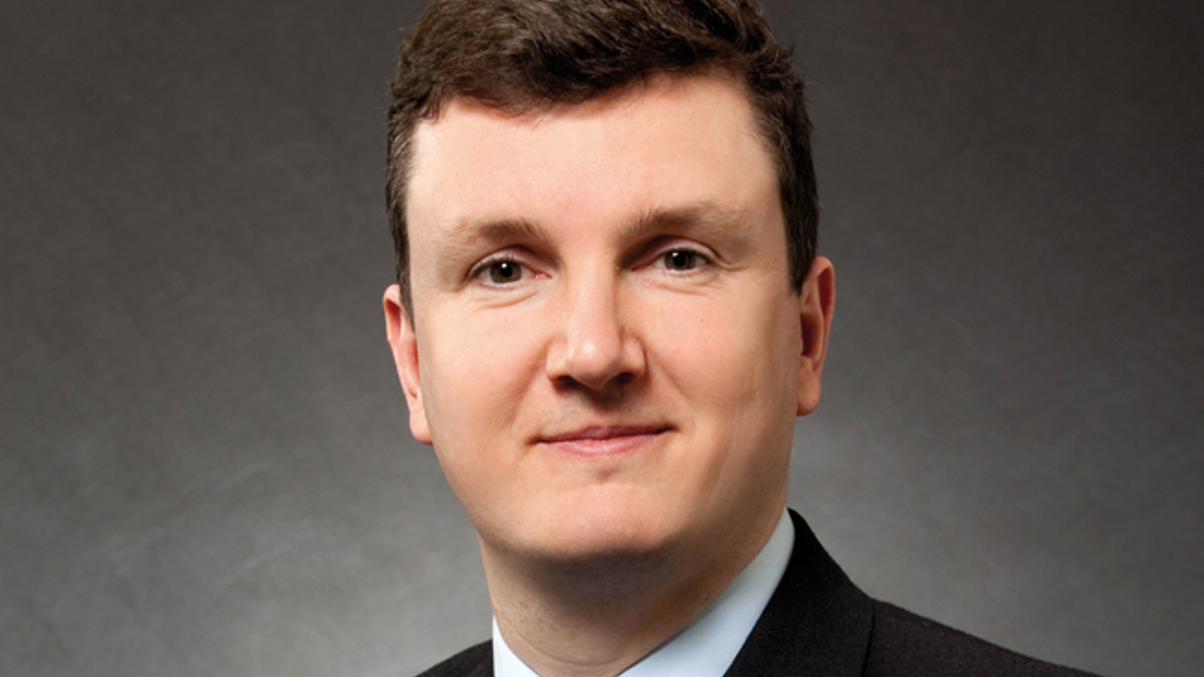Private bank, consumer clients diversifying into hedge funds
A systematic reduction in equity risk and macro uncertainty is driving wealthy and top-end retail clients into hedge funds and even more illiquid asset classes, says Citi Private Bank.

Private bank and top-end retail clients are showing increasing interest in hedge funds and even more illiquid asset classes as they await a macro catalyst to re-enter equity markets, says Roger Bacon of Citi Private Bank.
Sign in to read on!
Registered users get 2 free articles in 30 days.
Subscribers have full unlimited access to AsianInvestor
Not signed up? New users get 2 free articles per month, plus a 7-day unlimited free trial.
¬ Haymarket Media Limited. All rights reserved.


